“You Can’t Use Fiction and Say You’re Teaching Science.”
3 Min Read • STEAM
My school district is in the beginning stages of updating our K-8 science curriculum. Before beginning our work, we had the opportunity to view a presentation by Mr. David Bauman, science advisor for the Pennsylvania Department of Education. He gave us a basic overview of the Next Generation Science Standards (NGSS). We also learned how the NGSS relate to all of the standards and anchor documents that Pennsylvania has released since 1998. All 27 of them. What a beneficial topic for us, as we began to look at realigning our science curriculum and finding materials to support it.
As we were discussing the primary science curriculum and topics, he sidestepped into a discourse on Eric Carle books. He said that many teachers without proper science education training read an Eric Carle book like “The Very Hungry Caterpillar”, to do an activity, and say they’ve taught a science lesson. Then he said, “You can’t use fiction and say you’re teaching science.”
He continued, talking about the big push for integrating literature into science. He shared that fiction doesn’t have a place in the science classroom, that nonfiction text is the only text that should be used for instruction, otherwise, students may build misconceptions. The science standards aren’t addressed through reading as a source for learning science, anyway.
Wow For This Science Curriculum.
I needed a minute to digest this viewpoint because it was so different from the constant push I’ve felt to bring literacy into everything. As a third grade teacher, my district assigned schedule even says “integrated science/language arts” for my science block. With a Masters in Science Education, I knew that was learning science through reading was not best practice in science education, but literacy was our emphasis.
I started reflecting on the literature I’ve used in my classroom. This fall when teaching about clouds as part of a water cycle unit, I used the beautiful book “Cloud Dance” by Thomas Locker. (http://www.amazon.com/Cloud-Dance-Thomas-Locker/dp/0152045961) As we read each page, we looked at the gorgeous, detailed paintings of clouds and examined the poetic way he wove words together to identify what type of cloud the page depicted and what stages of the water cycle we saw. It helped the students solidify the concepts we were learning. Granted, there were nonfiction pages in the back that give scientific information, but the majority of this book would have been categorized as fiction.
During another lesson, we used the book Joyful Noise: Poems for Two Voices. As we explored the poetry, it was evident from student discussion that they solidified concepts about the life cycle of a butterfly from the poem Chrysalis Diary in contrast to the life cycle of a mayfly in Mayflies. Of course, not only were we learning science but also inference skills and figurative language through the rhythmic quality of the wonderful poetry.
The more lessons I reflected on, the more I came to terms with what he must have meant. Or, what I hope he meant. No, fiction literature should not replace science instruction. Students should be exposed to hands-on, inquiry-based learning with accurate, complementing nonfiction text to accompany the lessons. I believe fiction does have a place in the science classroom, however. Once students have the scientific foundation of the concept they are learning, they can further solidify that concept while examining fiction literature.
Students can analyze the text and illustrations and compare it against what they know as scientific fact, leading to discussions on the accuracy of the book. Discussions such as these help students to work through their possible misconceptions of scientific facts as well as provide them with deeper understanding. It will also help them be a more critical reader since they are reading to analyze instead of reading to gain new information.
I appreciate Mr. Bauman’s expertise because it gave me the opportunity to examine my instructional planning in regards to purposefully selecting literature related to science. After much thought and reflection, I agree that fiction text should not BE a science lesson. I believe it does, however, have a place in the science classroom, enhancing students’ learning of scientific concepts. What are your thoughts about this science curriculum?



